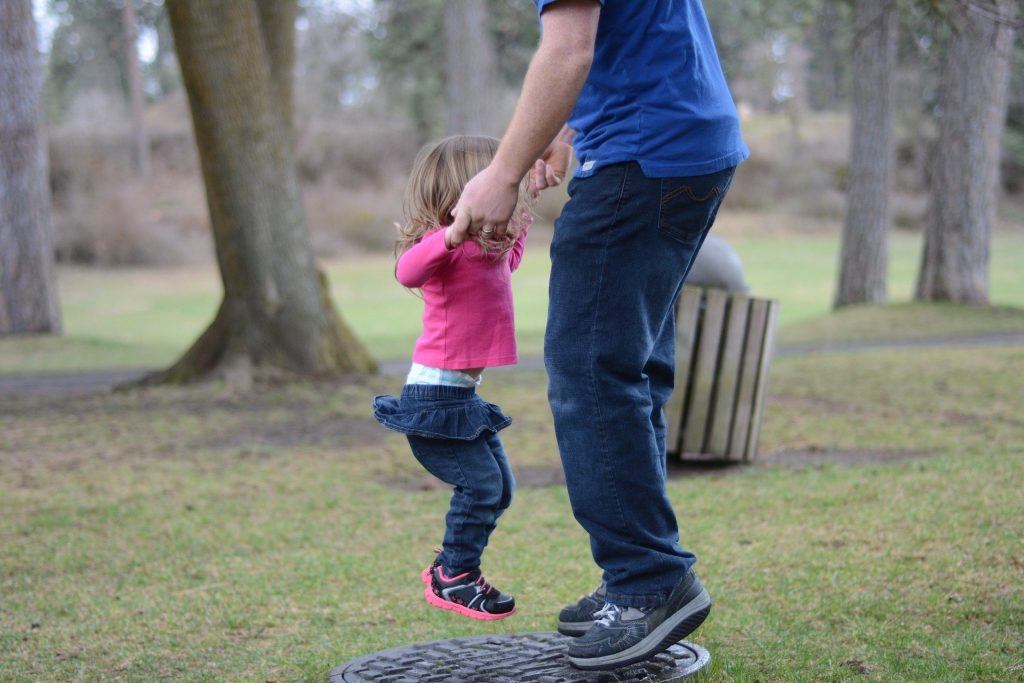Who Can Apply for Custody in NC: Part 3, When the Best Interest Standard Doesn’t Apply
By: Leesa M. Poag, Attorney, Woodruff Family Law GroupIn a typical child custody case, the mother and father of a child are seeking the intervention of the court to settle their dispute over who should be granted custody of their child. Though this is the situation most often facing family law attorneys throughout the Triad, the cases become more complex when one of the parties seeking custody of a child is not a biological parent of that child. Continue reading →
 North Carolina Divorce Lawyers Blog
North Carolina Divorce Lawyers Blog










